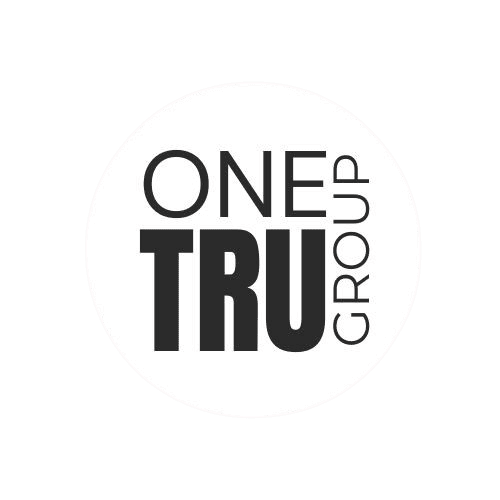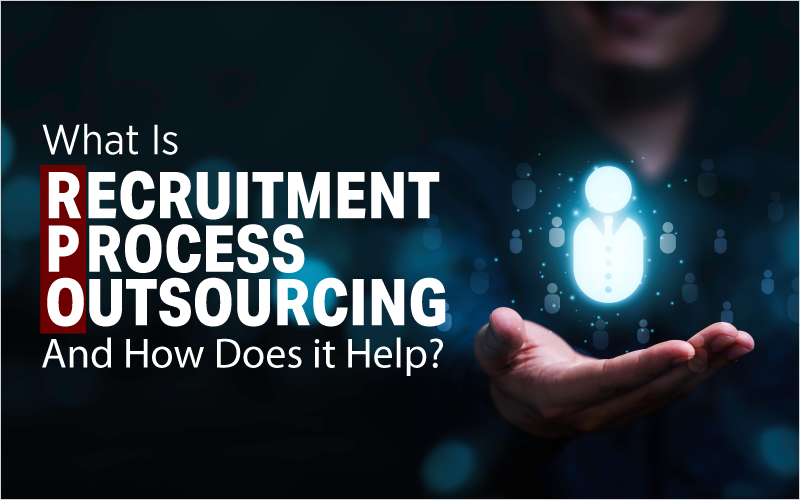Introduction to Recruitment Process Outsourcing (RPO)
Recruitment Process Outsourcing (RPO) is a strategic approach that organizations adopt to enhance their recruitment efforts by partnering with external service providers. In essence, RPO involves transferring all or part of a company’s recruitment functions to an external provider that specializes in talent acquisition. This collaboration allows organizations to focus on their core activities while gaining access to specialized recruitment expertise and technologies. Typically, companies that utilize RPO services range from small businesses to large multinational corporations, as they seek cost-effective solutions to meet their hiring demands efficiently.
The recruitment lifecycle in RPO encompasses various stages, including job profiling, sourcing candidates, screening, interviewing, and onboarding. An RPO provider manages these components, bringing industry insights and analytics to optimize the recruitment strategy. By leveraging their resources, RPO providers can help organizations attract and retain top talent, thus improving overall workforce quality. Notably, RPO can also encompass employer branding, talent pipelining, and workforce planning, thereby extending beyond mere recruitment processes.
The relationship between organizations and RPO providers is integral to the success of this partnership. Organizations typically engage RPO for reasons such as improving recruitment efficiency, achieving scalability, managing fluctuating hiring demands, and gaining competitive advantage. By outsourcing recruitment activities, businesses can benefit from reduced time-to-hire, lower cost-per-hire, and improved applicant quality. Additionally, RPO providers can offer valuable insights into labor market trends and best practices, helping organizations stay agile in a competitive landscape. Through this collaborative approach, what is recruitment process outsourcing showcases its potential to transform talent acquisition strategies effectively.
Key Advantages of RPO
Recruitment Process Outsourcing (RPO) has gained traction as a strategic solution for organizations looking to optimize their hiring processes. One of the primary advantages of recruitment process outsourcing is its cost-effectiveness. By partnering with an RPO provider, companies can significantly reduce overhead costs associated with recruitment, including advertising expenses, technology investments, and internal staffing costs. This strategic alignment often leads to a better allocation of resources and improved budget management.
Another notable benefit is scalability. As businesses adapt to changing market conditions, they may need to rapidly scale their workforce. RPO allows organizations to efficiently manage fluctuations in hiring demands without the necessitation of creating permanent internal recruitment teams. This flexibility is particularly advantageous for seasonal businesses or those undergoing rapid growth, enabling them to meet staffing requirements with minimal effort.
Moreover, organizations gain access to specialized expertise in talent acquisition through RPO. RPO providers focus exclusively on recruitment, equipped with knowledge of industry trends and best practices. This expertise translates into improved hiring quality, as RPO firms can leverage advanced recruitment techniques and tools to identify and attract top talent. Implementing robust evaluation methods, they ensure candidates not only possess the necessary skills but also align with the company culture.
Real-world applications showcase the effectiveness of RPO in driving business success. For instance, a technology firm that partnered with an RPO provider reported a 30% reduction in time-to-fill roles, resulting in increased productivity and enhanced project outcomes. Similarly, a healthcare organization experienced a significant improvement in employee retention rates after implementing RPO, highlighting how external expertise positively impacts talent management.
As organizations consider what is recruitment process outsourcing, it becomes evident that the advantages it offers can lead to substantial operational improvements and better long-term outcomes for businesses across various sectors.
Factors to Consider Before Choosing an RPO Provider
When engaging in recruitment process outsourcing (RPO), it is vital for businesses to assess several key factors to ensure they are partnering with the right provider. The first step involves evaluating the recruitment needs of the organization. Identifying specific hiring challenges, required skill sets, and volume of recruitment will facilitate a tailored approach in selecting an RPO partner that aligns effectively with these needs. A clear understanding of these factors allows businesses to communicate their expectations more precisely.
Next, businesses should evaluate the expertise of potential RPO providers. This involves investigating their track record, success stories, and the experience they possess within the industry. A provider with a deep knowledge base and proven methodologies are more likely to optimize the recruitment process and enhance candidate quality. Additionally, assessing the technology capabilities of an RPO firm is equally essential. Many RPO providers leverage innovative technology solutions to streamline processes, enhance candidate experience, and improve recruitment outcomes. It is important to inquire about the tools and platforms utilized, as this can significantly impact the efficiency of the recruitment process.
Understanding pricing structures is another critical consideration. Different RPO providers often have varying pricing models, such as pay-per-hire or subscription models. Businesses should ensure that the pricing aligns with their budget while simultaneously providing the value expected from the service. Lastly, cultural alignment between the organization and the RPO firm cannot be overlooked. Organizations thrive when values and working styles resonate across partnerships; hence, it is crucial to choose a provider that understands and shares similar cultural principles. This alignment fosters collaboration and sets the stage for a successful recruitment process outsourcing experience.
Future Trends in Recruitment Process Outsourcing
The landscape of recruitment process outsourcing (RPO) is rapidly evolving, shaped by various emerging trends significantly influencing hiring practices. One of the most notable changes is the integration of advanced technology in recruitment strategies. Automation, artificial intelligence (AI), and data analytics are increasingly being utilized to streamline the RPO process. These technological advancements enable employers to identify the best candidates more efficiently, reducing time-to-hire and enhancing overall recruitment outcomes. Organizations leveraging these tools can expect to improve candidate experience through personalized communication and engagement throughout the hiring process.
Another trend gaining traction in the RPO sector is the rising importance of employer branding. As job seekers become more discerning, they often look for organizations that resonate with their values and offer a positive work culture. Recruitment process outsourcing providers are increasingly focusing on helping companies establish and promote their employer brand, which enhances their appeal to top talent. This effort not only assists in attracting candidates but also plays a crucial role in retaining existing employees by creating a sense of belonging within the workplace.
Furthermore, the emphasis on diversity and inclusion (D&I) in hiring practices has become a prominent focus for many organizations within the RPO framework. Companies are recognizing the value of building diverse teams that reflect the varied perspectives and backgrounds of their customer base. As a result, RPO providers are actively developing strategies to minimize bias in recruitment processes, ensuring that they identify and promote candidates from various demographics. This shift towards a more inclusive hiring approach not only supports social responsibility but also drives innovation and creativity within organizations.
In conclusion, the recruitment process outsourcing industry is poised for significant transformation driven by technological advancements, the prioritization of employer branding, and a commitment to diversity and inclusion. By adapting to these trends, RPO can enhance its effectiveness and continue to evolve as a vital component of strategic talent acquisition.





